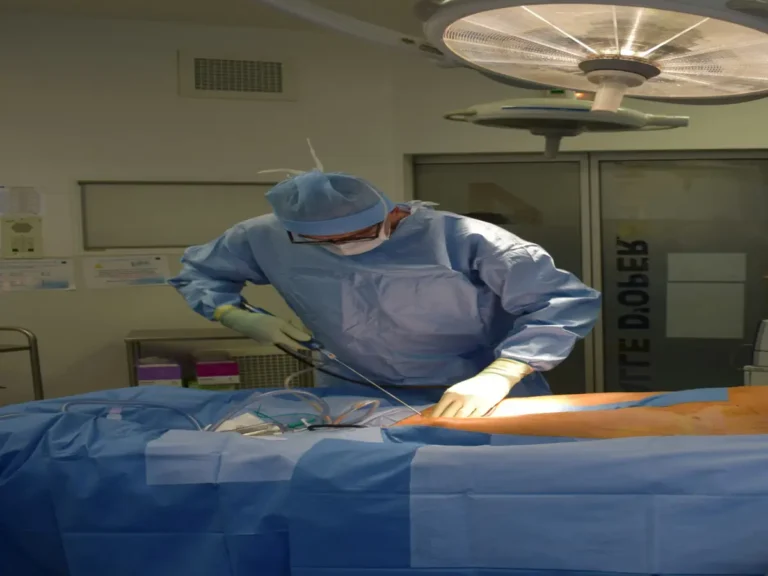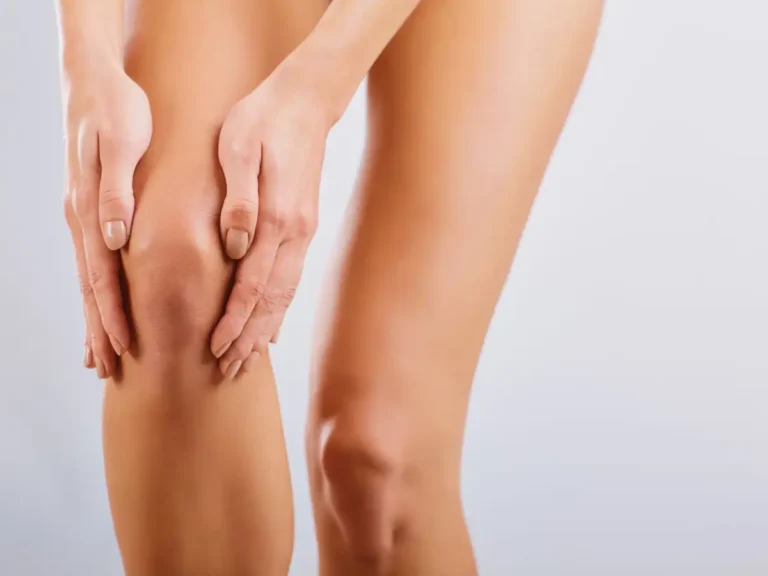When considering liposuction surgery, it’s important to understand the different types of liposuction and their associated costs.
Traditional liposuction and Tumescent liposuction are common procedures, while VASER liposuction offers a more advanced ultrasound-based approach.
Get a free consultation with experts.
The liposuction procedure typically involves removing excess fat through small incisions, and the liposuction cost varies depending on the technique used and location of treatment.
with liposuction turkey being a popular destination for medical tourism, and liposuction for men has become increasingly common as more males seek body contouring solutions.
1. Surgeon’s Expertise and Reputation
When considering a surgical procedure, it is not only the cost but also the expertise and reputation of the surgeon that should be taken into account.
The skill and experience of a surgeon can greatly impact the outcome of the procedure and ultimately, your satisfaction with the results.
A surgeon’s hands are their most important tools, as they literally sculpt your body.
Their level of expertise and precision can make a significant difference in the outcome of the surgery.
By choosing a seasoned surgeon with a proven track record, you increase your chances of achieving optimal results.
Related Health Insights: turkey liposuction cost
While it may be tempting to opt for a lower-priced surgeon, it’s important to consider the potential risks that come with choosing someone who may not have as much experience or positive reviews.
Investing in a reputable surgeon can provide peace of mind knowing that you will receive quality care throughout the entire process. Remember, “you get what you pay for.”
Prioritizing safety and optimal results should always be top priorities when considering any surgical procedure. It’s worth investing in an experienced surgeon who has earned their reputation through years of successful surgeries and satisfied patients.
2. Geographic Location

Geographic location significantly influences the cost of liposuction across different regions, with several key factors contributing to these price variations.
In metropolitan areas, higher overhead costs, including facility rent and staff salaries, typically result in more expensive procedures compared to rural locations, though the latter may have limited access to experienced surgeons and advanced facilities.
The presence of renowned specialists and top-tier medical facilities, particularly in medical tourism hubs, can drive up costs due to their expertise and advanced care offerings.
Additionally, regional economic conditions play a crucial role, as areas with stronger economies might see higher prices due to increased willingness to invest in elective procedures, while more economically challenged regions might offer competitive pricing to attract patients.
Furthermore, varying regulatory and licensing requirements across different locations can impact costs, as stringent regulations, while ensuring higher standards of care, often result in additional expenses that are ultimately passed on to patients.
3. The Extent of the Procedure
Not all liposuction procedures are created equal, and the scope of your surgery can influence the price tag.
The scope of a liposuction procedure refers to the amount of fat that is being removed, as well as the specific areas being treated.
The more extensive the procedure, the more time and resources it may require, which can contribute to higher costs.
Factors such as the number of areas being treated, size of those areas, and amount of fat to be removed will all be taken into account when determining the extent of the procedure.
For example, if you are looking to have liposuction performed on multiple areas such as abdomen, thighs, and arms, it will likely be considered a more extensive surgery compared to targeting only one area.
Additionally, some patients may require additional techniques or specialized approaches depending on their unique circumstances.
4. Anesthesia Fees
The anesthesia fee, an essential component of surgical procedures, covers the cost of administering anesthesia to ensure patient comfort and safety during surgery.

This fee encompasses the expertise of the certified anesthesiologist or nurse anesthetist, the monitoring of vital signs throughout the procedure, and the appropriate choice of anesthesia method, whether it’s local anesthesia, or general anesthesia.
The anesthesia fee reflects the meticulous care taken to optimize the patient’s experience, from preoperative assessment to post-operative recovery, guaranteeing a smooth and pain-free surgical journey.
5. Facility and Equipment Used
The venue and tools of the trade can significantly sway the final bill of your liposuction journey. Opting for a procedure in a state-of-the-art hospital might be pricier than an outpatient facility. there are a few factors that can affect the price of liposuction:
- Procedures performed in hospitals tend to be more expensive than those done in outpatient facilities.
- The type of equipment used during the procedure can also impact the cost.
These tools are designed to provide better results and minimize risks during surgery. It’s important to note that while state-of-the-art facilities and advanced equipment may contribute to overall costs, they also offer potential benefits such as increased safety measures and improved outcomes.
6. Post-Operative Care

The procedure might be over, but the expenses associated with aftercare can add up. This includes medications, compression garments, and follow-up visits, Post-operative care is an essential part of the healing process after a medical procedure.
One aspect of post-operative care is medication. Your healthcare provider may prescribe medications to help manage pain, prevent infection, or reduce swelling.
It’s important to follow your doctor’s instructions and take these medications as prescribed.
However, it’s also important to note that these medications can come with costs.
In addition to medications, another expense you might encounter during post-operative care is the need for compression garments.
These garments are often recommended by doctors to help support the surgical area and promote proper healing.
They can vary in cost depending on the type and brand chosen.
7. Liposuction techniques
The choice of technique can impact the overall cost of liposuction, as selecting one of the following methods may incur additional charges:
- Suction-Assisted Liposuction (SAL): Involves manual removal of fat cells using a cannula.
- Tumescent Liposuction: Uses a tumescent fluid injection to facilitate fat removal.
- Ultrasound-Assisted Liposuction (UAL): Employs ultrasound technology to liquefy fat for easier removal.
- Laser-Assisted Liposuction (LAL): Uses laser energy to break down and remove fat.
- Power-Assisted Liposuction (PAL): Utilizes a vibrating cannula for efficient fat removal.
Treatment Areas & Cost: What to Expect for Different Body Parts
Comparing liposuction procedures between Turkey and the United States reveals substantial cost differences across various treatment areas
| Procedure Type | Turkey Cost Range | US Cost Range |
|---|---|---|
| Stomach Liposuction | $2,000-3,000 | $4,000-9,000 |
| Thigh Liposuction | $1,800-2,500 | $3,000-7,000 |
| Laser Liposuction | $2,500-3,500 | $2,500-5,500 |
| Arm Liposuction | $1,500-2,200 | $4,000-7,000 |
| Chin Liposuction | $1,200-1,800 | $3,000-5,000 |
FAQ About liposuction cost
Does liposuction leave scars?
Liposuction typically leaves small, inconspicuous scars. The incisions made for the procedure are quite small, typically about a quarter of an inch or less in length. Over time, these scars tend to fade and become less noticeable.
How long does liposuction last?
The results of liposuction can be long-lasting, but it’s essential to maintain a healthy lifestyle to prevent the regrowth of fat in treated areas. Once fat cells are removed, they do not grow back in the same area. However, if you gain weight after liposuction, remaining fat cells in other parts of your body can still expand.
liposuction a risky surgery?
Like any surgical procedure, liposuction carries some risks, including infection, bleeding, and adverse reactions to anesthesia. However, when performed by a qualified and experienced plastic surgeon in an accredited facility, the risks are minimized.
Does liposuction grow back fat?
Liposuction permanently removes fat cells from the treated area, and these cells do not regenerate. However, if you gain a significant amount of weight after liposuction, your body can store excess fat in untreated areas or remaining fat cells, potentially affecting your overall appearance.
Will I gain weight back after liposuction?
Liposuction is not a substitute for a healthy lifestyle. To maintain your results, it’s essential to follow a balanced diet and exercise regularly. While the fat cells removed during liposuction do not return, weight gain can occur if you consume excess calories, causing remaining fat cells to expand and affecting your body’s overall contour.
How much does facial liposuction cost?
In the United States, facial liposuction costs between $3,000-5,000, while in Turkey prices range from $1,200-1,800. The final cost depends on treatment areas, surgeon expertise, and location. Most clinics offer financing options, though insurance typically doesn’t cover this cosmetic procedure.
how much does liposuction cost on your stomach?
In the United States, stomach liposuction typically costs between $4,000-9,000, while in Turkey prices range from $2,000-3,000. The final cost varies based on the amount of fat removed, technique used (traditional vs. VASER/ultrasound), and geographic location. Many clinics offer financing plans, though insurance generally doesn’t cover this elective procedure.
Resources







